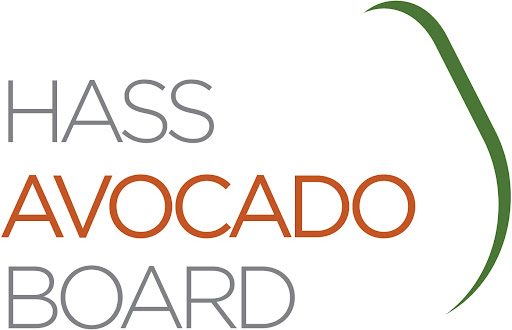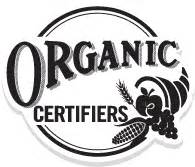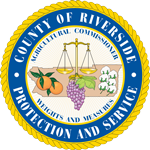50 YEARS OF
Citrus, Avocado & Vineyard Farming
About Stage Ranch
Stage Ranch Farm Management was founded in 1972 with a focus on citrus and avocados management, quickly building a reputation in the valley for being a high quality farming business. In 1989, we expanded our focus to include the growth of our vineyard operations.
At Stage Ranch Farm Management, we provide value to our clients through our experience and expertise, which has developed the highest standard in agricultural development, consulting and management, and crop sales.
Stage Ranch currently has between 500 and 750 acres under management and harvests approximately 750 tons of wine grapes and 1,000 tons of avocado and citrus annually. High quality vineyard and grove development remains an area of expertise for Stage Ranch and contributes to an average of 50-80 acres of new plantings per year.
Few Southern California farm management companies have maintained organic farming certification/status for as many years as Stage Ranch Farm Management has. Since 1996, Stage Ranch has maintained its organic status and continues to specialize in organic avocado and citrus farming.





These certifications play a vital role in our clients’ groves, economic viability by yielding superior quality fruit and superior crop values.
PROUDLY
serving the areas of:
TEMECULA, CA & ESCONDIDO, CA
PROUDLY
serving the areas of:
TEMECULA, CA & ESCONDIDO, CA
Our Services
Whether you’re just starting out with farming, preparing to buy an existing grove or vineyard, or thinking of selling your crops, Stage Ranch has got you covered!
Sustainable Farming
Stage Ranch is proud to have been organically certified for 30 years.
Frequently Asked Questions
Landowners have several choices depending on various factors. Stage Ranch Farm Management will help assess the properties topography, soil type, climate and general suitability of the site for a specific range of crops, after which the Landowner will be assisted in determining which crop meets their desired criteria, whether it be profitability, aesthetics or simply a hobby.
Each crop has its own challenges and offers its own unique rewards. Citrus and avocado groves are generally less labor intensive BUT require substantially more water and can be more pest and nutrient sensitive than vineyards or olive groves, which require a lot less water. Vineyards, however, are very labor intensive and require a lot more infrastructural upkeep due to the trellising systems typically used.
Olive groves are the least costly to maintain but also yield the lowest crop volume and return.
The typical development and planting season starts in December and ends in June.
Returns vary greatly depending on current market conditions, input and labor costs. Stage Ranch Farm Management will take all factors into account during the process of developing a property and will consult clients on their respective returns prior to deciding on the crop best suited for the Landowner.
Generally it can be said that long term agricultural interest DO return value to the Landowner, if high quality farming practices and operational efficiencies are maintained.
Farming is a long term commitment however and generally will not yield positive cashflow prior to the 7th or 8th year of operation.
Temecula is ideally suited for agriculture.
It has two distinct microclimates. That of “De Luz” which benefits from a direct coastal climate, generally making its temperatures 10 degrees cooler than the Valley floor. This microclimate is one of the very few areas in California that is able to produce three citrus crops annually due to how moderate and well suited the climate is. It is also perfectly suited for avocado and wine grapes (certain varieties).
Additionally, the second microclimate is that of the “Temecula Valley Floor” which primarily is where Wine Country is situated. The climate here is a little drier, generally more exposed and has grown outstanding quality wine grapes for decades. Additionally, the Valley Floor still produces a wide variety of crops including olives and citrus.
- Budbreak
- Flower Cluster Initiation
- Flowering
- Fruit Set
- Berry Development
- Harvest
- Dormancy
A head trained or single planting style is best planted on a sloped terrain while vertical shoot positioning in a trellised format can be planted on a flat terrain. Planting vineyard rows with a north to south orientation is ideal; however, topography does play a major role in determining the best orientation of each vineyard row.
From your planting date, all applications to the crop must be organic OMRI certified and recorded for three years before you can apply for Organic Certification.
Other conditions do apply.
The following spacing allows for the following approximate number of vines per acre. It is important to not that roadways and setbacks are also required and are not calculated in the following totals:
- Vertical Shoot Positioning (Spaced 6’x9’ = 807 vines/acre)
- Head Trained Vines (Spaced 6’x6’ = 1,210 vines/acre)
- Citrus or Avocado Grove Planting (Trees Spaced 15’x20’ = 145 trees/acre)
- Citrus or Avocado Grove Planting (Trees Spaced 20’x20’ = 109 trees/acre)








